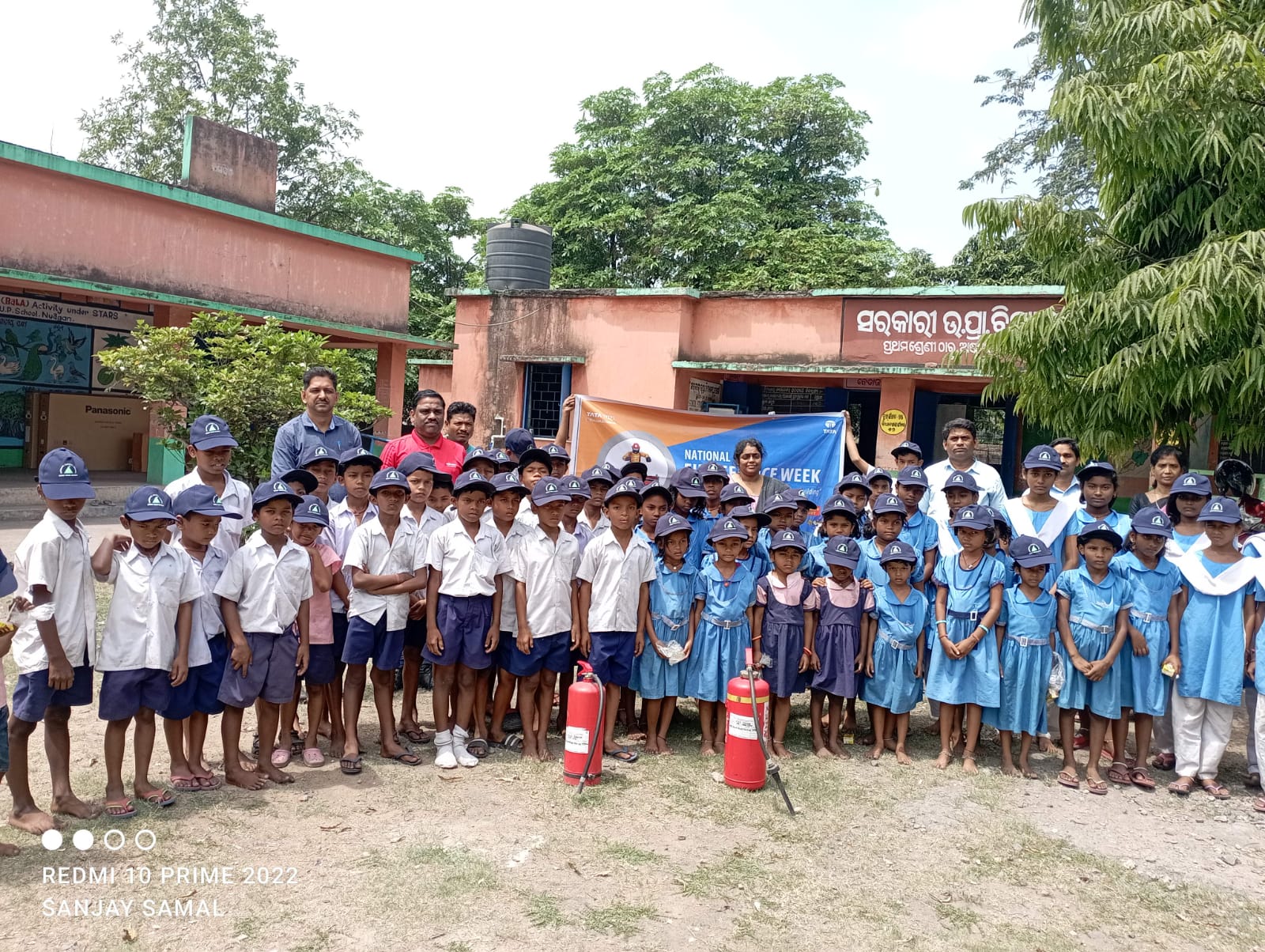Subscribe our Weekly Newsletter
Applications Invited for Feminist Review Trust Grant Programme

Organization: Feminist Review Trust
Apply By: 31 Jan 2021
Grant Amount: 15000 Pound
About the Organization:
The Feminist Review Trust gives grants to projects in the UK and internationally that support women. The Feminist Review trust recognises that Covid-19 presents particular challenges for women’s projects. As a funder, we are continuing to accept applications within the same existing schedule. We want to reassure projects with current awards that we understand you may need to adjust plans and reporting deadlines.
Feminist Review Trust Grant Programme
There is a great shortage of funds to support feminist scholars and activities. This means that the Feminist Review Trust receives a very large number of applications. Unfortunately we have limited funds and can fund only a small proportion of the applications we receive. So, before you apply please note the type of projects we support and please read the guidance on the completion of the application form.
What will the Trust fund?
The Feminist Review Trust will not fund the following types of applications:
- Applications from students to support them on courses of any kind. This includes sub-degree, Bachelors, Masters and Doctorates. Nor will they fund doctoral fieldwork.
- Applications from academics to fund work which could be funded by more traditional sources of funding. This means that we are very unlikely to fund summer projects for US academics.
- Where we do fund academics we will not fund overheads, teaching buy-outs or equivalent.
- Applications to continue doctoral studies. Post-docs can be funded from more conventional sources.
- Applications from religious groups.
- Applications from UK organisations for core funding that has been lost or reduced due to statutory bodies’ spending cuts.
The Feminist Review Trust will fund:
- Hard to fund projects. Some types of projects are difficult to fund. Typically these projects have no other obvious sources of funding. This might mean, for example, that traditional academic sources are either not interested in the area or that it is an activist project or that it is too feminist for most conventional funding sources. For example the Trust supported the writing and publication of the history of Rape Crisis in Scotland and the translation and updating sections of ‘Women and Their Bodies’ into Arabic and Hebrew.
- Pump priming activities. This means that we will provide a small amount of funding to help start an activity in the hope that it will then be able attract sufficient funding to continue. For example we funded a project in Argentina to strengthen the capacity of organisations promoting women’s rights and a project to provide audio visual equipment for a feminist social centre in Madrid. In each case these projects have hopefully helped to create a sustainable activity.
- Interventionist projects which support feminist values. It is often difficult for projects around core feminist concerns such as abortion rights and domestic violence to find funding. For example the Trust has supported Asylum Aid (an independent charity workshop with asylum seekers in the UK) to promote its ‘Charter of Rights’ for Women Seeking Asylum. We supported the 40th Anniversary Campaign of Abortion Rights in the UK, a documentary about abortion in Trinidad and Tobago and a feminist art studio in Tbilisi, Georgia.
- Training and development projects: we will fund projects which provide training in relevant areas. For example, the Trust has funded English lessons for sex workers in London; leadership skills training for women in the voluntary sector. and volunteer training as Glasgow Women’s Library.
- One off events: we supported Cine25 as part of the celebrations of 25 years of Women’s Studies at the University of York (UK); a seminar for the Lileth Project (a violence against women housing related project), and a workshop on the gender dimensions of Bulgarian Immigration Policy.
- Dissemination: we will fund the production and distribution of relevant material. Too often wonderful work has had a more limited impact than it should because it was not well of fully distributed The Trust will fund dissemination. . For example we have supported the production of a booklet on Asian women’s experiences of higher education in the UK and the distribution of publications by the Rights of Women (a non-profit UK group)
- Core funding: we realise that many groups struggle to raise core funding. The Trustees are willing to offer core funding to cover staff costs, accommodation etc., except in instances where applicants are seeking core funding to replace funding lost as a result of public sector cuts.
- Other projects: if your application does not easily fit into any of the above categories we may still support it. For example, the Trust has funded a project to capture oral histories of women’s experience of the menopause. Contact the Trust to discuss eligibility prior to submitting your application.
Why do applications fail?
Applications fail for a number of reasons:
- They fall outside the funding guidelines outlined above
- They are poorly written. There are some typical issues:
- Poor description of the project proposal. For example not explaining how potential interviewees will be identified
- Failure to describe in sufficient depth and details what you want to do. We like to know exactly what we will be funding and why it is important
- Failure to have considered the longer term impact of the project. We ask about this on the application form and it is often poorly answered. You do need to think about longer term impact including the number of women likely to be affected.
- Internal inconsistency: the application contains contradictory information
Funding:
The maximum value of any individual award is UK £15,000 (or its equivalent). However, the Trustees rarely give out awards of this amount so when you prepare your application please bear in mind that you may only be offered partial funding. It is therefore helpful if you can identify different sub-elements in your application.
Timeline:
- January 31st submission deadline for 30 April decision (Round 1 – 2021)
- April 30th submission deadline for 31 July decision (Round 2 – 2021)
- September 10th submission deadline for 15 December decision (Round 3 – 2021)
For more information please check the Link
Latest Online Store
Latest Tenders And EOIs
© Renalysis Consultants Pvt Ltd


























